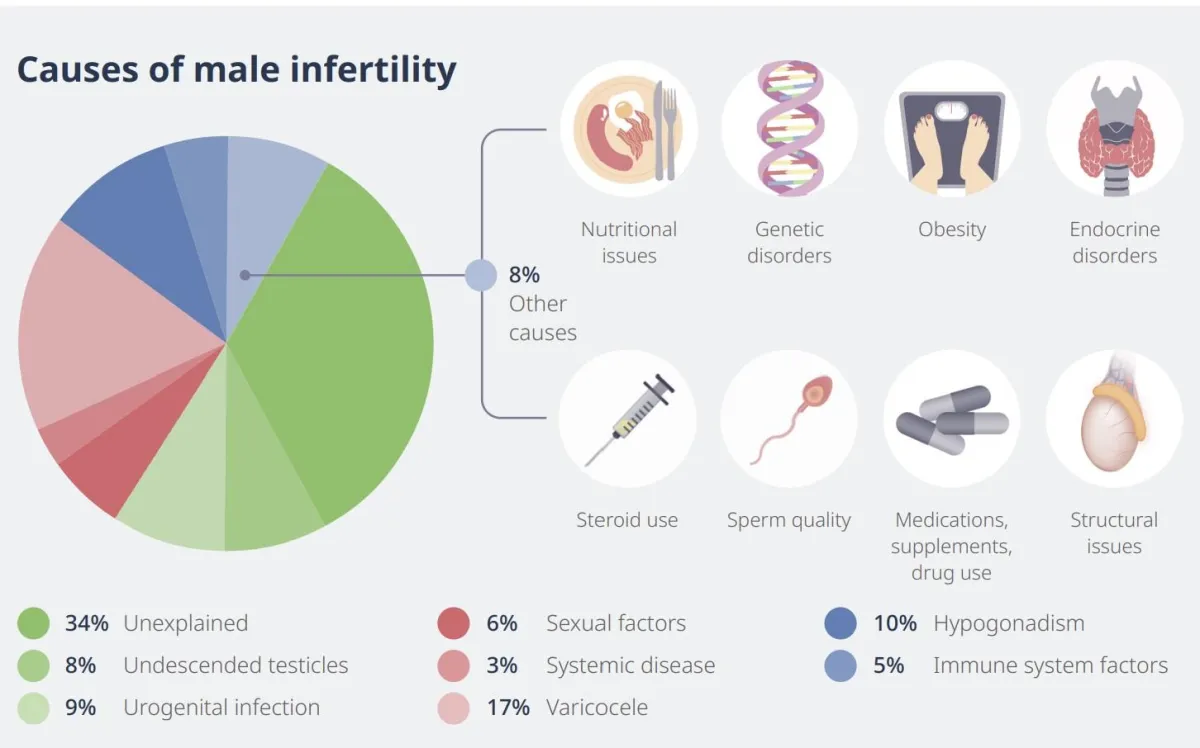
Ultrasound Monitorig
for Your IVF Cycle
For IVF monitoring cycles that are out-of-state of your location
Starting your cycle
Starting an IVF cycle is stressful enough, doing it with an out-of-state provider just increases that stress. That is why we have developed an out-of state monitoring program to help women that need ultrasound monitoring without having to travel to their provider. We follow your physicians instructions and with be able to accommodate your schedule. Most all cycles, whether retrievals or transfers, will need 2-3 ultrasounds during that cycle. All reports can be faxed or emailed to your physician within 2-3 hours after the exam is finished.
To schedule an appointment
Please Call True Health Acupuncture at 702-475-0870
You can also book online on the True Health Acupuncture website.
1481 W Warm Spring Rd #129
Henderson, Nevada 89014
Testimonials
My name is Michelle Aukerman. And I just have to say that Joyce at True Health Acupuncture is probably the best ultrasound technician I have ever had in my life and I’ve been through several. She’s very personal and talks through everything and if something goes wrong, she says OK how do we make this right? What’s the next step we need to take? You don’t hear that from any other ultrasound tech, they're so jaded. The comfort environment at True Health Acupuncture is unmatchable. It does not feel like a doctor's office and everybody is so warm but when it comes to Joyce, she is completely unmatched. It’s like having your own mother right there with you. I highly highly recommend her.
Thank you, the Aukerman’s

Michelle A.
This is the second pregnancy that I came to Joyce for my outside monitoring. I have been very nervous about the whole process, but Joyce guided me through each and every ultrasound. Although the monitoring went smoothly, upon achieving pregnancy I developed some bleeding. Of course, I panicked. Joyce explained everything that was going on with my bleeding and helped me through this anxious time. I don’t know what I would have done without Joyce’s calm demeanor. And the added bonus is having acupuncture treatment right there at True Health Acupuncture, the office Joyce works out of. I will always be truly thankful for the amazing experience that I received from both Joyce and True Health to be a part of my fertility journey.

Sara P.
Joyce is an exceptional individual who made a significant impact during my IVF journey. I had the privilege of meeting her when I needed support, and she was able to perform ultrasounds when our IVF Dr was unable to accommodate us. Her ability to confirm our twin pregnancy was incredibly reassuring. Joyce took the time to explain everything she was observing, which not only made the experience more memorable but also helped alleviate my anxiety. Her compassionate approach truly made a difference in my experience.

Nicole B

⚠️ Male Infertility: Common Conditions That Affect Sperm — And What Can Be Done
🔹 Introduction: When Sperm Struggles Have a Medical Cause
While lifestyle and environment play a big role in sperm health, many men experience fertility issues due to underlying medical conditions. Some are inherited, others acquired — but all of them can impact sperm production, function, or delivery.
The good news? In many cases, there are treatments or procedures that can improve fertility or assist with conception.
🔬 Common Medical Causes of Male Infertility
1. Varicocele (Dilated Testicular Veins)
What it is: Enlarged veins in the scrotum (like varicose veins)
Why it matters: Increases scrotal temperature, leading to DNA fragmentation and reduced sperm count/motility
Symptoms: May feel like a “bag of worms”; often painless
Diagnosis: Physical exam, scrotal ultrasound
Treatment:
Varicocelectomy (surgical repair)
Can improve sperm quality in 30–50% of men within 6–12 months
2. Obstructive Azoospermia
What it is: A complete absence of sperm in semen due to a physical blockage
Causes:
Prior vasectomy
Congenital bilateral absence of the vas deferens (common in men with CF gene)
Scarring from infection or trauma
Diagnosis: Semen analysis + scrotal or transrectal ultrasound
Treatment Options:
Sperm retrieval: TESA, PESA, MESA, or Micro-TESE
IVF with ICSI using retrieved sperm
3. Hormonal Imbalances
What it is: Disruption in hormone signals between brain and testicles
Causes: Pituitary tumors, low FSH/LH, anabolic steroid use, obesity
Diagnosis: Bloodwork: FSH, LH, testosterone, prolactin
Treatment:
Stopping steroids
Medications like clomiphene citrate, aromatase inhibitors, hCG injections
4. Genetic Conditions
Examples:
Klinefelter Syndrome (XXY): Low testosterone, high FSH/LH, small testes
Y chromosome microdeletions: Missing sperm production genes
Diagnosis: Karyotype + Y-chromosome microdeletion testing
Treatment:
Some men can undergo micro-TESE to retrieve sperm directly from testicles
Genetic counseling recommended
5. Infections or STIs
Examples:
Epididymitis, prostatitis, mumps orchitis
Impact: Inflammation can damage sperm-producing structures or block ducts
Diagnosis: Semen culture, urinalysis
Treatment:
Antibiotics, anti-inflammatory meds
Treating underlying STI (e.g., chlamydia)
6. Retrograde Ejaculation
What it is: Semen goes into the bladder instead of out through the urethra
Causes: Diabetes, spinal injury, prostate surgery, medications
Diagnosis: Post-ejaculation urine test (sperm in urine)
Treatment:
Medications like pseudoephedrine
Sperm collection from urine + IUI or IVF
🧪 Procedures That Can Help Retrieve or Improve Sperm
These options are often used before or during IVF cycles:
🔹 Sperm Retrieval Techniques
Used in cases of azoospermia or failed ejaculation:
TESA (Testicular Sperm Aspiration)
PESA (Percutaneous Epididymal Sperm Aspiration)
MESA (Microsurgical Epididymal Sperm Aspiration)
Micro-TESE (Microsurgical Testicular Sperm Extraction) – most effective for non-obstructive azoospermia
🔹 Medical Therapies
Used for men with hormonal issues or borderline counts:
Clomiphene citrate (Clomid): Increases FSH/LH
hCG injections: Boost testosterone and sperm
Aromatase inhibitors: Lower estrogen in overweight men
🔹 Lifestyle Changes
Can improve mild-to-moderate male factor infertility:
Quit tobacco, alcohol, or marijuana
Take antioxidant supplements (zinc, CoQ10, L-carnitine)
Treat obesity and manage chronic stress
Avoid heat (hot tubs, laptops, tight clothing)
🧠 Final Thoughts
Male infertility is more common than most couples realize — and often treatable. In fact, up to 50% of IVF cases involve a male factor. A detailed semen analysis and medical evaluation can uncover the root cause and help fertility specialists tailor the most effective plan — whether that’s hormone therapy, retrieval, or assisted reproduction.
